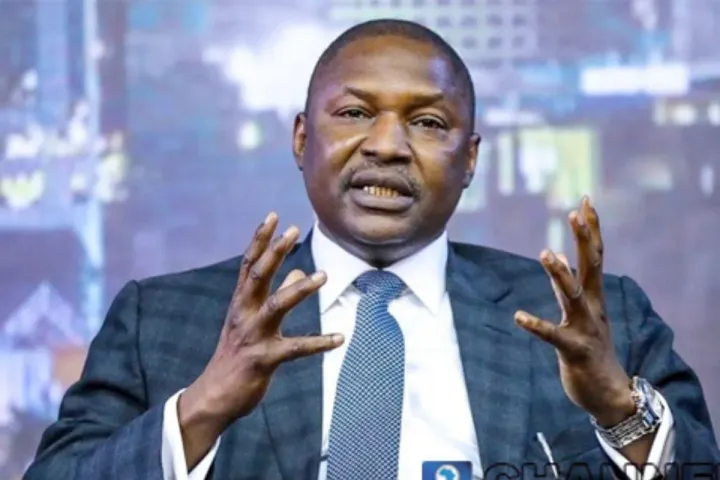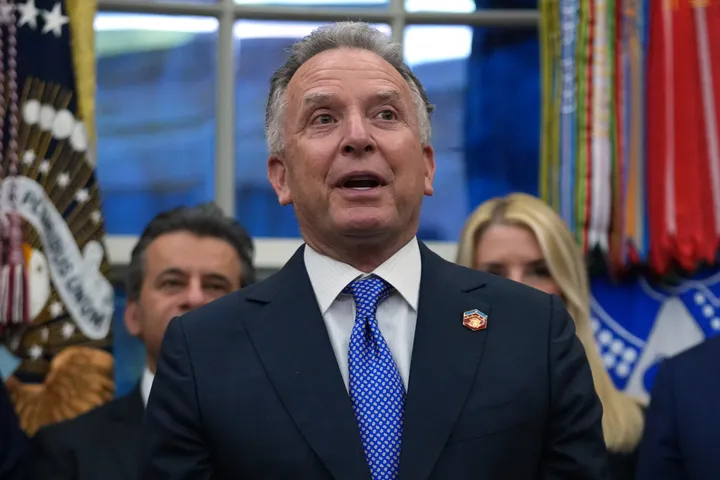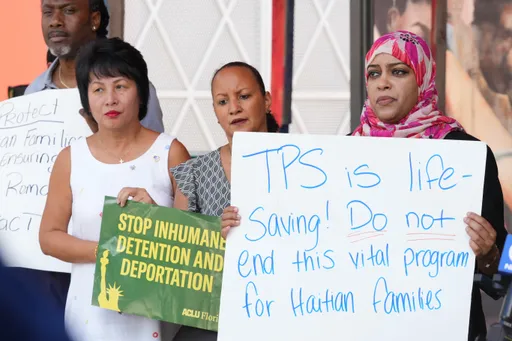Fayez al Sarraj, the Prime Minister of Libya's UN-recognised government, recently announced that he will leave office in October, signalling that a remake of the country’s turbulent politics might be on the way.
Prior to Sarraj’s announcement, the country’s Tobruk-based rival government submitted its own resignation last weekend to its assembly.
Experts suggest that the resignations could mean that international powers, primarily Turkey and the US, which support the Tripoli government, are seeking a new political formula amid the ongoing negotiations to address the country’s brutal civil war.
Mehmet Bulovali, an Iraqi political analyst, thinks that a new political arrangement will also remove Khalifa Haftar, Libya’s warlord, who is backed by Russia, France, the UAE and Saudi Arabia, from the country’s political equation.
“Aguila Saleh [the speaker of the Tobruk-based House of Representatives] might replace him as the new face of eastern political forces as Ahmed Maiteeq will be the next prime minister of Libya’s UN-recognised Tripoli government,” predicts Bulovali.
Maiteeq, a well-known businessman with powerful contacts who comes from the prominent Misrata family of Turkish origin, is the current deputy prime minister under Sarraj. He is also known for his moderate liberal views.
“If there is no powerful opposition from foreign capitals with a say in the conflict and Libya’s power circles, the new political design might have a chance to bring some degree of order to the country’s civil war,” Bulovali told TRT World.
The Libyan civil war has also become a major factor in the expanding conflict over maritime rights and newly-discovered natural gas reserves in the eastern Mediterranean, where regional powers like Turkey, Greece and Egypt have prominent differences.
In response to Greece’s aggressive steps in the region, Turkey has signed a maritime agreement with the Tripoli government to designate both countries’ respective territorial waters and continental shelf across the eastern Mediterranean, changing the political landscape there.
Most recently, tensions between Turkey and Greece, a country increasingly backed by France, a non-eastern Mediterranean state, have considerably escalated. France also recently sent warships to the region in a show of support to Athens.
On Tuesday, Greece signalled that it is open to dialogue with Turkey as both countries’ diplomats met at NATO headquarters in Brussels with the aim of reducing tensions. Washington also urged calm from both countries, two NATO allies, offering its mediation to address their differences.
According to Bulovali, despite the escalation in tensions, both Turkey and Greece do not want war, and, he says, are seeking a way out from the conflict. The new arrangement in Libya could help decrease friction within the region.
“The US backs Turkish political position in the Libyan civil war in order to limit Russian influence in the region,” says Bulovali. As a result, this new arrangement, which is obvious with recent resignation announcements, could be primarily designed by the US and Turkey, he says.
But France, Russia and the UAE might try to spoil this new political arrangement, says Bulovali. “I do not guess that they could.”
“At the moment, no major powers are ready to wage a war in the eastern Mediterranean,” he says.























